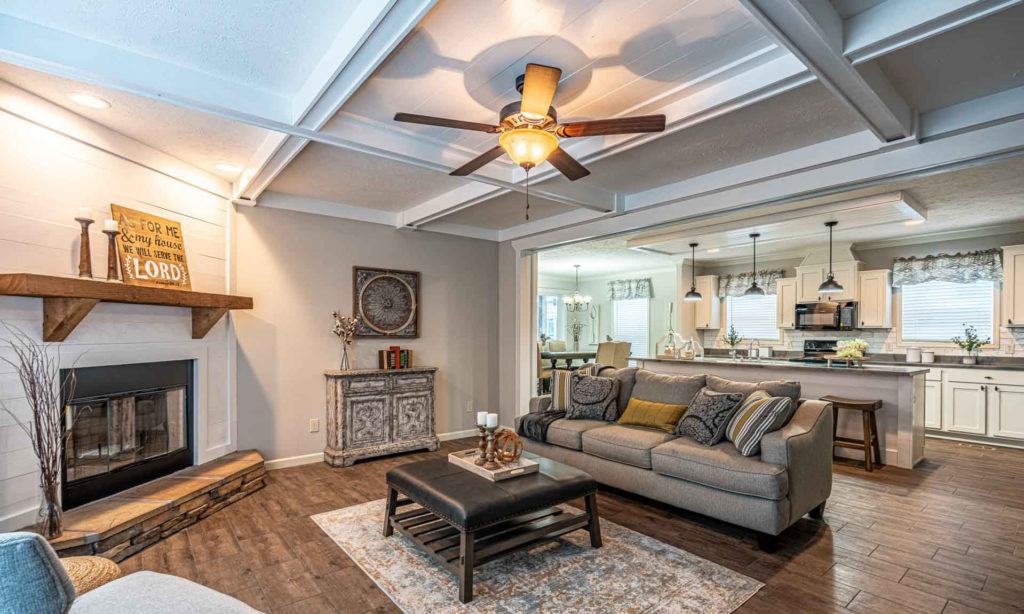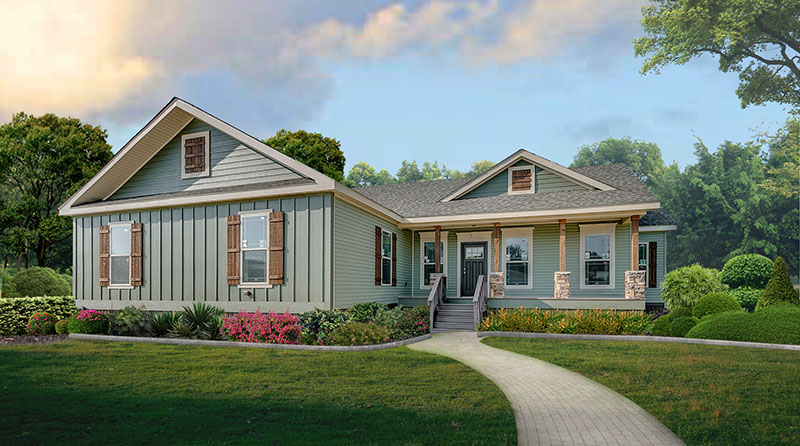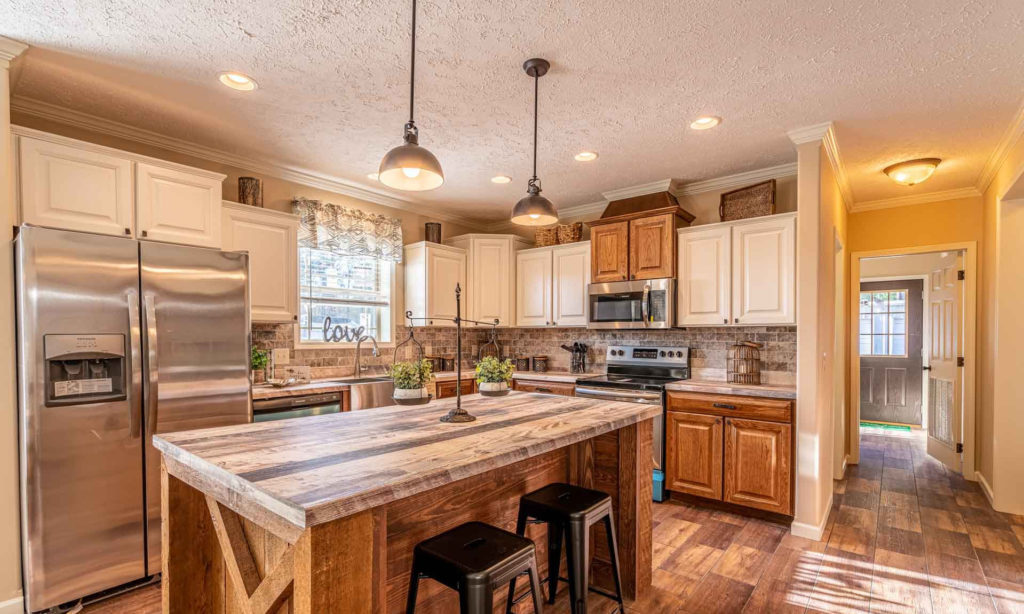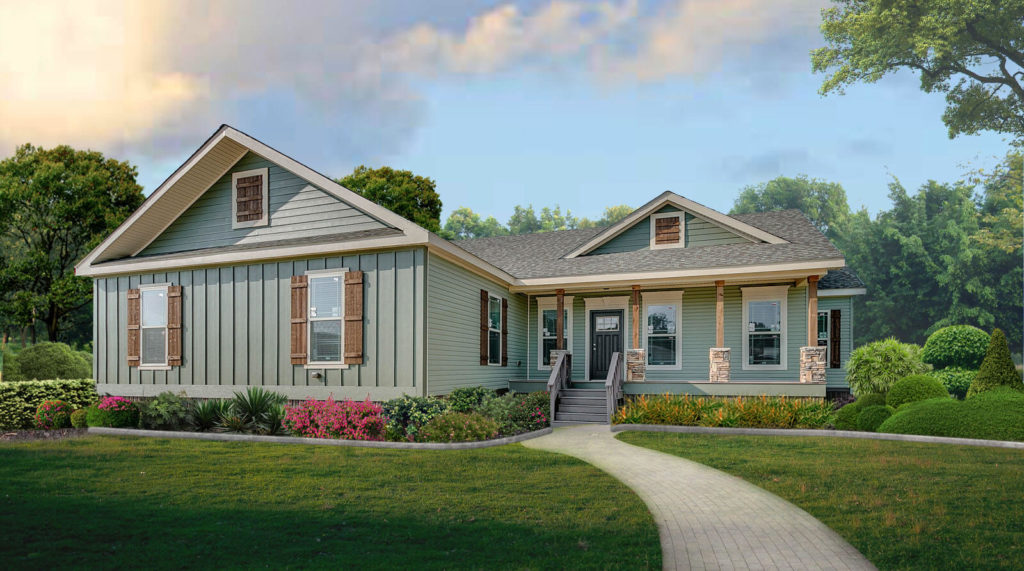In the traditional construction world, delays are notoriously common, often caused by factors like unpredictable weather, labor shortages, and unexpected supply chain disruptions. These hiccups not only prolong your anxiety but also inflate costs, turning a dream home into a source of stress. However, in recent years, modular homes have emerged as a viable solution, offering speed and efficiency that conventional methods struggle to match.
If you’re planning to build your dream home and wish to sidestep the typical construction setbacks, modular homes present a modern alternative worth considering. They promise accelerated timelines without compromising on quality, thanks to their innovative assembly-line approach and precision engineering. Here’s how adopting modular construction can help you avoid the common delays that plague traditional builds, ensuring your project stays on budget and on schedule.
Streamlined Manufacturing Process
Unlike traditional construction methods that build each home from the ground up onsite, modular homes are manufactured in controlled factory settings. This process allows for concurrent production of different house components, reducing the overall construction timeline significantly. Inside these factories, the environment is regulated, which means that work does not cease because of adverse weather conditions—a frequent drawback with conventional building, especially in regions with harsh climates.
Precision and Quality Control
Modular homes benefit from a higher degree of quality control due to assembly-line production. Each module undergoes rigorous evaluation throughout the manufacturing process, ensuring that the finished product adheres to strict industry standards and regulations. This precision not only enhances the home’s quality but also minimizes the need for costly and time-consuming reworks once the house is erected on-site.
Efficient and Predictable Scheduling
The factory setting of modular construction allows for a more predictable and efficient timeline. Since the key components of the home are assembled offsite, the scheduling is less affected by external variables. Once the modules are completed, they are transported to the building site for quick assembly. In many cases, the entire process from start to finish—manufacturing to final assembly—can be completed in a matter of weeks, a stark contrast to the months or even years that traditional home builds can take. This accelerated timeline not only fast-tracks the move-in date but also helps in reducing financial costs associated with long-term construction. By shortening the construction phase, homeowners can also avoid extended interim housing arrangements and mounting interest from construction loans or other financing mechanisms.
Less Disruption to Surroundings
Because most of the construction work happens off-site, the impact on the building site is minimal. Traditional building projects often involve months of noise, dust, and disruption to neighboring properties, which can lead to issues with local communities. However, with modular homes, the onsite phase is primarily focused on putting the already-completed modules together, which significantly limits the duration and intensity of onsite activities. This not only creates a more harmonious relationship with the neighborhood but also reduces the potential for delays caused by logistical challenges on a busy building site.
Adaptable Design Options
Contrary to the misconception that modular homes lack design variety, they actually offer a wide range of customization options. Potential homeowners can choose from a variety of architectural styles, interior finishes, and layouts. Many modular manufacturers allow for personalized touches and bespoke design elements, ensuring the final product is tailored to the homeowner’s specific needs and tastes. This adaptability further solidifies the appeal of modular homes for a diverse array of buyers. Families can prioritize functionality with open concept spaces and generous storage solutions, while those seeking luxury might opt for high-end finishes and sophisticated architectural detailing. In addition, modular homes can accommodate specific needs such as accessibility requirements or eco-friendly features like solar panels and energy-efficient appliances.
Sustainability and Energy Efficiency
In an era increasingly focused on sustainability, modular homes stand out as an excellent choice for environmentally conscious buyers. The controlled factory setting where modules are constructed aids in significantly reducing waste, as materials can be accurately measured and reused within the production facility. Moreover, many modular homes are built with robust energy-efficient technologies, such as superior insulation, energy-saving windows, and sustainable building materials, that minimize environmental impact while saving on utility costs.
Get Started Today
If you’re interested in learning more about modular homes, contact Family Dream Homes. We’re here to help with any questions you may have!



